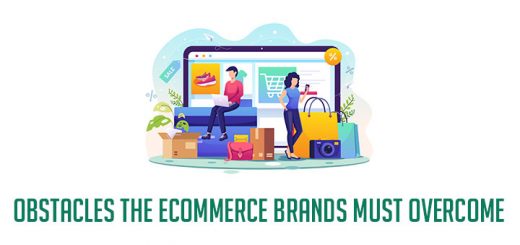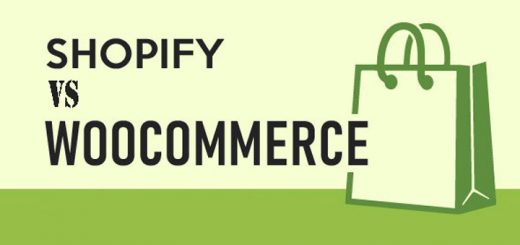Exploring Effective Methods to Sell Internationally through eCommerce
In today’s rapidly advancing digital age, connecting domestic businesses with international customers is no longer a daunting task. Therefore, understanding how to sell internationally is of great interest. However, to achieve optimal profits, businesses need to thoroughly research and carefully choose their selling methods. Let’s explore the ways to sell internationally through e-commerce in this article.
1. Dropshipping
One of the first effective ways mentioned to sell internationally is through the application of dropshipping. Dropshipping allows businesses to expand their operations to various markets without requiring significant financial investment or time commitment. In this model, the business acts as an intermediary between the manufacturer and the customer, eliminating the need to purchase, import, or stock inventory.
Dropshippers function as a third-party that connects buyers with manufacturers. However, to achieve better business results when implementing this method, businesses should pay attention to several important steps. These include finding reliable suppliers and high-quality products, utilizing online selling platforms such as Shopify, WooCommerce, or building good relationships with customers.
2. White Label
White Label is a popular business model in the online business platform. It involves a company manufacturing a product or service and then selling it to other companies to be repackaged under their own brand. This business model requires the purchasing company to invest capital in buying the product.
However, businesses do not need to invest excessively in research and development of the product, which helps optimize cost savings. When using White Label to sell internationally through e-commerce, businesses can leverage the local partner’s brand strength to reach a larger customer base worldwide.
White Label is widely adopted by many small online stores in various industries such as cosmetics, beauty, and food products.
3. Private Label
Private Label is a method of selling internationally that emphasizes exclusivity. In this approach, a product is manufactured and packaged under a company’s own brand instead of being the original manufacturer’s product.
When opting for Private Label, businesses collaborate with a third party that takes care of the production and packaging processes. With exclusivity, businesses have the freedom to determine production costs and product prices, reducing competition with rivals. This allows businesses to easily calculate and optimize investment costs in the product while maximizing profit opportunities.
When using Private Label to sell internationally through e-commerce, businesses can leverage the strength of their own brand to reach a larger customer base worldwide. However, to achieve optimal profits when using Private Label, businesses should consider some principles. For example, when selling internationally, businesses need to research the market and understand the local customers’ needs. Additionally, businesses should design packaging and labels that align with the preferences of customers in each region.

4. Wholesaling
Wholesaling is an e-commerce business model where a company acts as an intermediary between the manufacturer and distributors or retailers. When implementing this model, the company sells a large number of products to other businesses. Wholesaling also requires the participating business to invest in certain costs, such as inventory management fees.
However, businesses can build a loyal customer network, adjust product prices, and expand their operations more easily. This can lead to rapid business profitability growth.
Therefore, to achieve optimal profits, there are some considerations that wholesalers need to keep in mind. Specifically, businesses should seek reliable partners in the target market to ensure product quality before reaching the end consumers. Additionally, businesses need to determine the value of their products compared to similar products in the market and set competitive prices accordingly.
5. Subscription Service
Subscription service is a sales model that helps businesses attract customers to subscribe for regular delivery of products or services. Subscription services are suitable for businesses that offer cyclical products or services such as skincare, beauty care, and more. For example, the Amazon platform provides subscription services for various items like toothbrushes, and facial cleansers, and allows customers to receive the products on a recurring basis. This model enables businesses to predict income streams and manage finances better, thereby maximizing profit potential.

Read more: The best Shopify Subscription apps, The best BigCommerce Subscription apps.
Conclusion
In conclusion, selling internationally through e-commerce offers businesses numerous avenues for growth and profitability. Methods such as dropshipping, white label, private label, wholesaling, and subscription services provide effective ways to reach a global customer base. By researching the market, understanding customer needs, and establishing reliable partnerships, businesses can optimize profits and achieve sustainable growth in the digital age.








